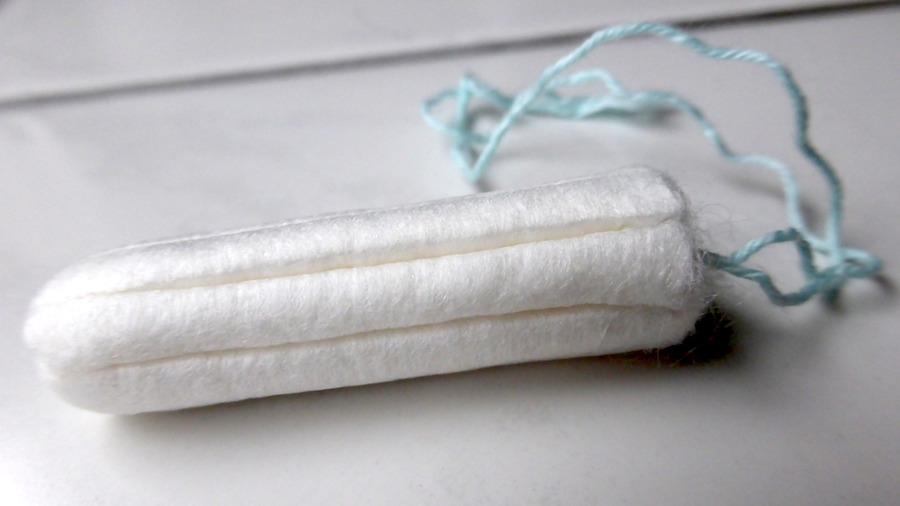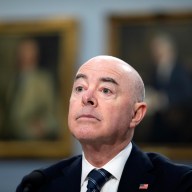A New York City pharmacy that imposed a tax only on male customers has received some 3,000 hate messages, its co-owner said on Friday, amid a national debate over taxes on feminine hygiene products. Independent pharmacy Thompson Chemists this week announced it was imposing a one-day 7 percent “man tax” on its male customers after a 2015 study found that women’s products cost 7 percent more than products for men in the city. Jolie Alony, the pharmacy’s co-owner, said hate messages started pouring in by email, in phone messages and on social media after the owners placed signs outside the store announcing the tax on Monday, in an effort to draw attention to the issue. “We got 3,000 crazy emails … it was just to show awareness and it went overboard,” Alony said.
“‘You should burn in hell, you should die, you sexist pig’,” said some of the messages the pharmacy received, Alony told the Thomson Reuters Foundation in a telephone interview. Though described as a tax, the surcharge was in fact a discount to female customers who were waived most of New York’s sales taxes.
The episode comes amid a nationwide debate over the unfair financial burden for women of taxing tampons and other menstrual products.
Menstrual products can cost women some $100 a year, said Jennifer Weiss-Wolf, who has spearheaded a nationwide campaign to scrap taxes on feminine hygiene products through her advocacy group Period Equity. In 2016, three U.S. states – New York, Illinois and Connecticut – eliminated sales taxes on menstrual products – joining 10 others that do not tax them, she said.
At Thompson Chemists in Soho, Alony said that she hoped her initiative had raised awareness of gender inequality when it came to purchasing personal health products.
“People don’t think about it and women do spend so much more money throughout their lives,” she said. “We just wanted to show people what the difference was so that they would be like ‘wow’.” Despite the cascade of hate mail, most of the pharmacy’s customers were supportive of the initiative, Alony said.
“Most New Yorkers are (saying) ‘More power to you’, ‘Thank you for doing this’,” she said.
Income inequality remains persistent in the United States, where women working full-time earn yearly 80 percent of what men earn doing the same work, according to the Institute for Women’s Policy Research based in Washington D.C.
NYC pharmacy’s ‘man tax’ to highlight tampon costs prompts backlash

Pixabay
















